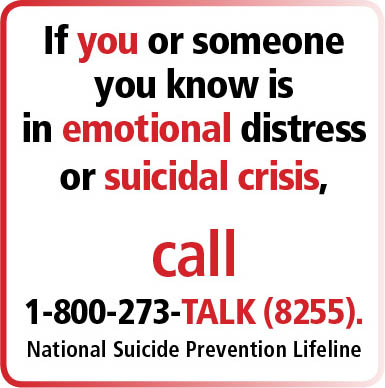 Do you find yourself reaching for food when you’re feeling blue? If so, you’re not alone. Salty, sugary foods like chocolate, ice cream, chips, and soda have become favorites for people wanting to boost their mood.
Do you find yourself reaching for food when you’re feeling blue? If so, you’re not alone. Salty, sugary foods like chocolate, ice cream, chips, and soda have become favorites for people wanting to boost their mood.
Improved mood
Less stress
Better focus
Boosts energy
The good news is…food can boost mood, if it’s the right kinds of foods! Eating more healthy foods like vegetables, fruits, whole grains, low-fat dairy products and seafood has been shown to help people manage feelings related to stress and depression. Making healthy foods choices will also give you more energy and help you keep a healthy weight. For general tips on eating healthy foods, read Build a Healthy Meal.
To help boost your mood, keep these hints in mind…
1. Don’t skip meals: The brain need a steady source of fuel. Going too long in between meals can make you cranky and tired. It’s a good idea to plan for healthy snacks like nuts, fresh or dried fruits and vegetables. These types of foods help keep your blood sugar level steady and give you energy.
2. Eat a Rainbow of Colors: Fruits and vegetables are important sources of many nutrients, including potassium, dietary fiber, folate (folic acid), vitamin A, and vitamin C. To help keep your body healthy and boost your energy level, be sure to choose fruits and vegetables in a “rainbow of colors.”
3. Choose “good” carbs: Choose plenty of fruits, vegetables, and whole grains. These “good” carbohydrates are linked to serotonin, the mood-boosting brain chemical, and can help calm your mind. But be sure to Read Make Half Your Grains Whole for 10 tips to help you eat more “good” carbs.
4. Choose healthy proteins: Be sure to choose lean protein foods like turkey, chicken, tuna or eggs. These healthy, lean proteins are rich in tyrosine, an amino acid that can help you feel more alert and makes it easier to focus. For tips on choosing and preparing good sources of proteins, read With Protein Foods, Variety is Key.
5. Eat less sugary foods and drinks: Eating sugary foods and drinks like cakes, donuts, candy, and sodas can cause your blood sugar level to jump, then crash. These “highs” to “lows” can make you feel tired, cranky or even sad.
6. Drink plenty of water: Drink at least 8 glasses of water a day to avoid dehydration. For some people, even mild dehydration can cause fatigue, difficulty concentrating and mood changes.
Don't feel you need to make big changes all at once! Pick 1 or 2 healthy habits you can try each week.
For additional help…
Your Primary Care Provider:
Talk to your provider if you have questions about specific foods or vitamin supplements. If you have health problems, your provider may also have a special diet for you to follow.
Local Resources:
Websites:
Mental Health America- Eat Well
Mental Health America- Healthy Diet: Eating with Mental Health in Mind
Mental Health Foundation- Healthy Eating and Depression: How diet helps protect your mental health
National Alliance on Mental Illness- Healthy Eating
University of Michigan Depression Center- The Food and Mood Connection
WebMD Depression Health Center- Diet for Depression


